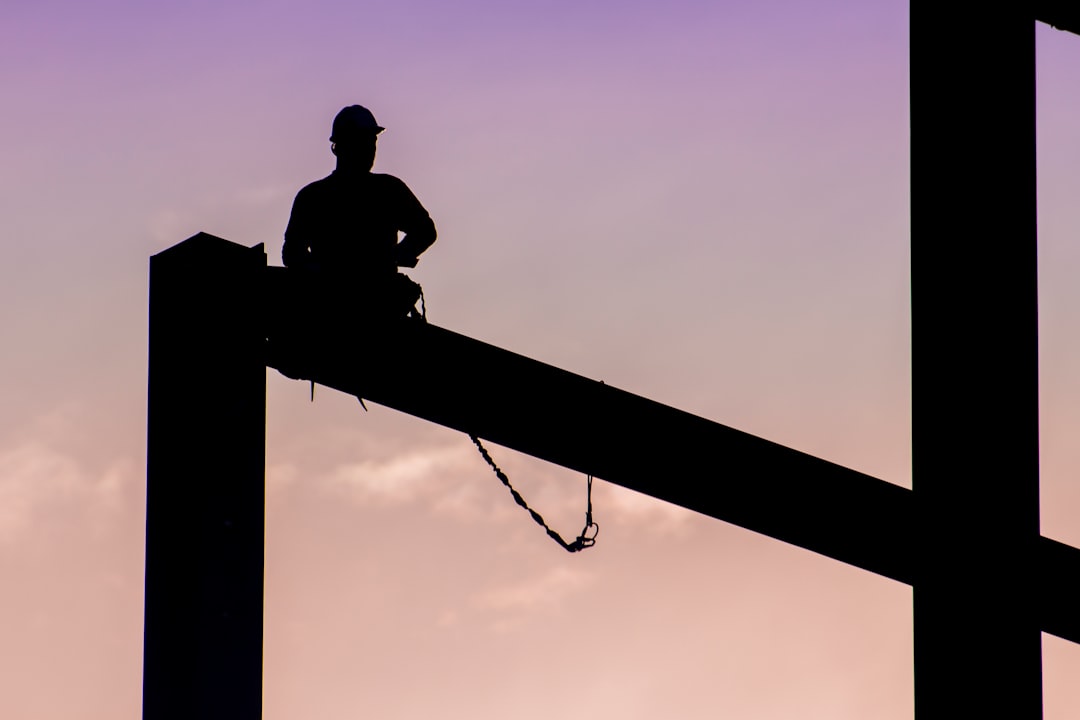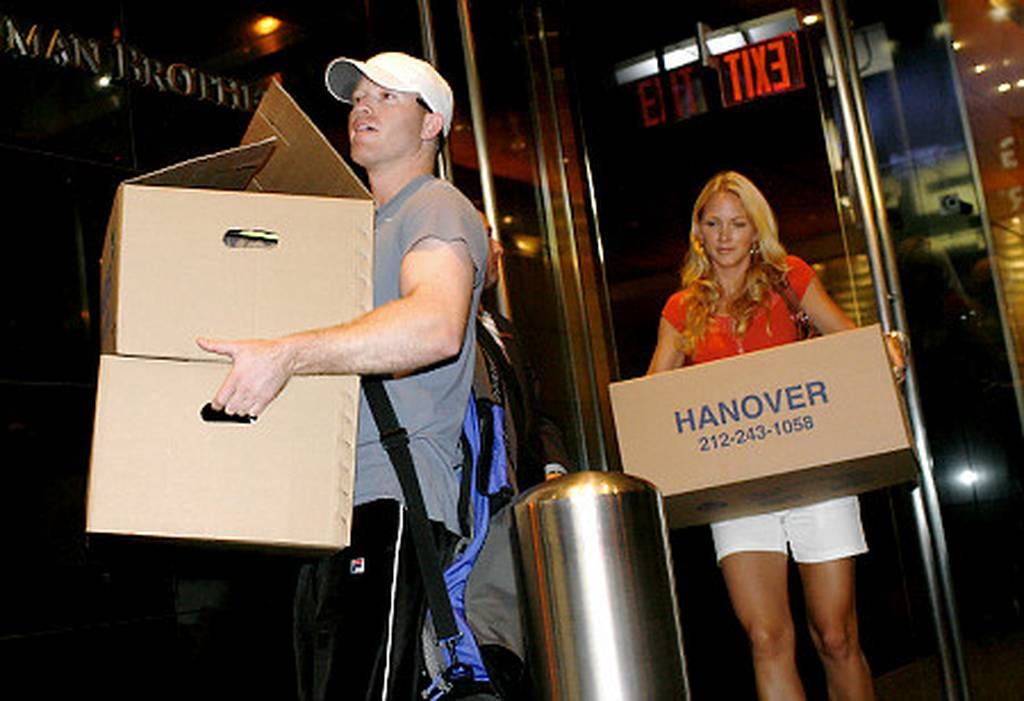Most observers of the AI revolution agree: it's real. And it's going to be huge. That's about all they agree on, though. Some believe it will lead to the biggest economic boom known to man, and others believe it will hollow out the job market and destroy lives. Some think it will make us smarter and happier, while others are warning about, well, Terminator.
There are intelligent people on both sides. As noted by Daily Mail:
The 'godfather' of artificial intelligence (AI) has tossed a grenade into the raging debate about the dangers of the technology — after sensationally quitting his job at Google and saying he regrets his life's work.
British-Canadian pioneer Geoffrey Hinton, 75, further fanned the flames of a growing Silicon Valley civil war, as he issued a spine-chilling warning that 'scary' chatbots like the hugely popular ChatGPT could soon become smarter than humans.
Some of the world's greatest minds are split over whether AI will destroy or elevate humanity, with Microsoft billionaire Bill Gates championing the technology and Tesla founder Elon Musk a staunch critic.
The bitter argument spilled into the public domain earlier this year when more than 1,000 tech tycoons signed a letter calling for a pause on the 'dangerous race' to advance AI.
When that many brilliant minds can't agree on the outcome, then let's face it — nobody knows how the macro situation will shake out. I'm reasonably confident that most of the billions flowing to any startup with "AI" in its name or pitch deck will be lost. Some of them are borderline scams. The next Kozmo.com, WeWork, or Fyre Festival is already here. We just won't know which ones are the cautionary tales until the doors close and the documentaries come out. Surely, some of the survivors might become the next Amazon or Google, but it's hard to pick winners this early, as the dotcom bubble showed us.
In the meantime, we can observe some trends and make some guesses about the future. Barring the Terminator scenario, the AI revolution could lead to the greatest rebalancing of societal power in history. It's The Real Great Reset. There's a plausible scenario where The Forgotten Man and Woman re-emerge more powerful and prosperous than ever. Where the elites lose their grip on centralized power. Where freedom, economic mobility, and an ownership society become the norm (again). It's not the great reset Klaus and his merry band of elites had planned — and they aren't going to let the "freedom" version happen without a fight. But let's explore this scenario further.
Working In Reality
Three quick stories:
Our beloved family dog Sunny just had throat surgery. Her larynx was paralyzed, making it hard for her to breathe. In extreme cases, dogs with this condition can drop dead from a cardiac event. We could have let Sunny live as a shut-in and atrophy until she died. Instead, we opted for surgery to restore some quality of life in her golden years. The surgical vet was a guy from New York who looked and talked like Chuck Schumer. He said, "I've been doing surgery for 30 years. It's the only thing I do. It might be the only thing I'm good at." It's a delicate surgery with serious risks. But the vet opened a 10-inch incision in Sunny's throat, tied back half her larynx, and closed her up. Thankfully, she's recovering well.
Two doors down from where we live, workers have jacked up an entire house and placed it on piles of railroad ties. They are building a new foundation underneath. Once the house is back on that foundation, we assume the plan is to renovate the place. It's probably simpler to tear the house down and start over. Still, for permitting reasons that we've unfortunately all come to accept, the renovators probably concluded it was easier to lift A HOUSE six feet in the air and keep it there for a few weeks.
An article in the Wall Street Journal talked about the impact of AI on finance jobs. They spoke with an analyst who wasn't exactly sure how AI would impact his job. He guessed his usual output of one comprehensive analytical report per month might increase to four.
There's a saying going around:
In the future, your job will either be done by AI or by someone using AI.
This saying is partially true, but it's a sliding scale. Who in the above three scenarios should most fear for their livelihood?
The vet has no fear. A robot isn't doing that surgery in our lifetime and probably not our grandkids' lifetimes. And people aren't just going to let their otherwise healthy dogs die. The vet is safe.
The house renovators have no fear. Lifting that house was grinding work that required a mix of skilled machine operators and manual laborers. Sometimes those were performed by the same guy. Terminator would have a nervous breakdown before he could do that job. The renovators are safe.
Our analyst makes multiple six figures and has a lovely studio apartment in NYC. He's on track to make managing director by his mid-30s, making over a million per year.
The analyst is screwed.
Three other people on his office floor will also be able to use AI to increase output from one to four reports per month. Unless the firm suddenly realizes it needs four times as many reports, then three of those analysts are gone. Joined by laid-off analysts from the firm on the next floor up, analysts in the office across the street, and a bunch of ticked-off former analysts from Boston.
An Economic Revolution Unlike Any Other
The AI revolution won't be like previous economic revolutions. During the Industrial Revolution, many migrated from farms and shops into cities where jobs were plentiful at factories that mass-produced goods. This ultimately led to a manufacturing boom, especially following World War II when America helped rebuild the world that Germany and Japan had bombed to the ground. Prosperity went up, and poverty went down.
For the last 40 years, a combination of globalization and technological advancement created a new economic revolution where millions of manufacturing jobs were lost. Knowledge work became the "it" thing, and it was a troubling era for many. They told us those job losses were due to automation. Yes, some jobs were lost to automation; that was inevitable. But ironically, millions of manufacturing jobs showed up in other countries during that same period. Jobs making the same stuff that was made here decades earlier. That part was avoidable.
Take it directly from the Bureau of Labor Statistics:
Keep reading with a 7-day free trial
Subscribe to Main Street Insiders to keep reading this post and get 7 days of free access to the full post archives.






